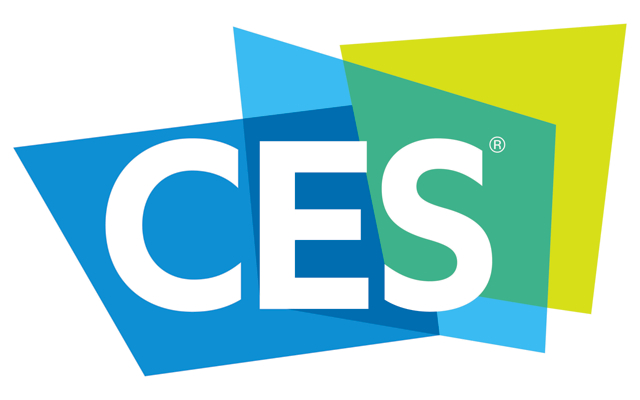Future of Artificial Intelligence for Enterprise and Consumers
January 6, 2016
Proponents of artificial intelligence are quick to point out that, as Google searches and Siri exemplify, it’s nothing new. In fact, panelists talking about “The Future of Artificial Intelligence” at CES described their own and others’ efforts in the field dating back to 2007. But a combination of a new trend in collecting and curating massive amounts of data, along with widespread cloud usage, is opening to the doors to more platforms and applications for artificial intelligence in enterprise and consumer markets.
The panelists all believe that enterprise will be the first to robustly adopt AI solutions. Gayle Sheppard, general manager at Saffron Technology, acquired by Intel, notes that “forecasts are significant in developing applications for business.”
Microsoft executive in machine learning Debi Mishra agrees. “Every business has data about itself,” he explained. “AI fits in beautifully there, and industry leaders are very forward looking now.”
IBM Watson executive Cristene Gonzalez-Wertz points out that “early leaders will drive this forward” and describes how enterprise can use AI for a variety of ways for efficiencies and cost savings.
“It can find the right candidate in a company for the right position or define if a project is off the rails,” she said. “Now that we’re switching to a contextual world, we’ll be able to respond more effectively.”
AI is being demanded pervasively, reports Sentient Technologies co-founder/chief scientist Babak Hodjat. He believes that AI should be used for more local and real-time applications found in a “conversational dialogue/command” model. “With the Internet of Things, you’re collecting all this data with the sensor and then moving it all the way out to the cloud, and that’s a waste,” he said. “Let’s make use of them at the sensor level.”
The Holy Grail of AI, say the participants, is the ability to create a personal agent. “That requires natural intelligence, the ability to learn continuously and remember what you’ve learned, to reason, to understand context and the immediacy of the moment,” said Sheppard. “When you can do those things, we can begin to assemble a true personal agent. That’s what consumers want and what all of us are working towards.”
Moderator Paul Sallomi, an executive with Deloitte & Touche, asked what industries are likely to first gravitate to AI solutions. Sheppard said healthcare is leading the way, with an expected $3B per year invested by 2020. Mishra pegs “any manufacturing or any kind of machinery” will go for AI “extremely rapidly.” Gonzalez-Wertz points to energy and utilities as “where we’ll see dramatic change and business benefits,” and Hodjat names “finance, trading and investment.”
“There’s plenty of room for everyone to participate here,” said Sheppard. “As we look at adoption for applications versus platforms, the platforms are in fact business oriented. IoT will help us move to the consumer side of the platform, via wearable devices or broad-based apps. It’s a very bright future and a brand new industry.”


No Comments Yet
You can be the first to comment!
Sorry, comments for this entry are closed at this time.